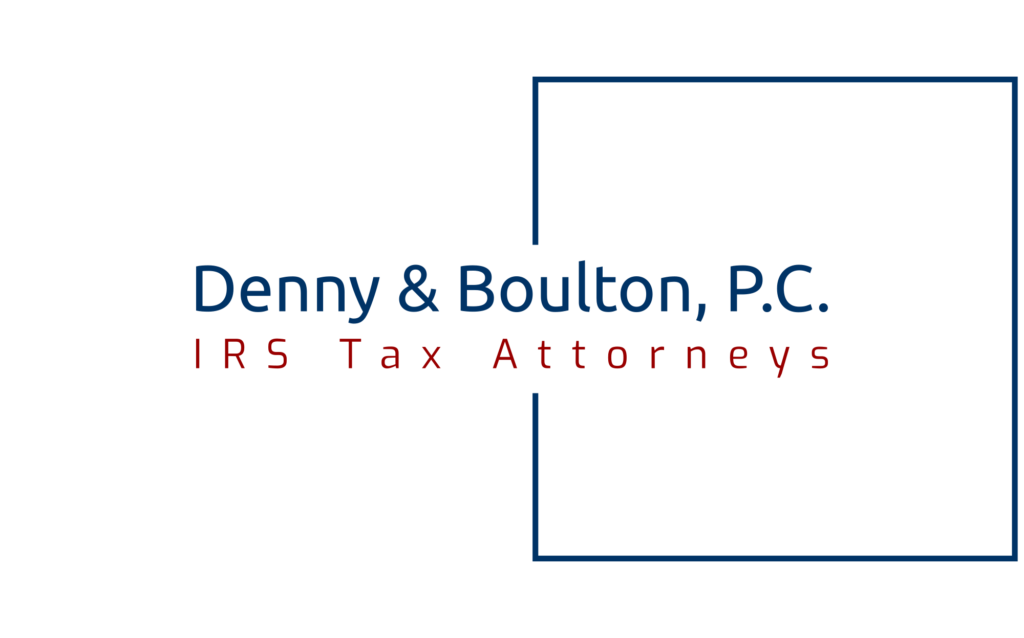One of the main reasons people purchase a home is the psychological satisfaction in owning a home. Not only can owning a home be rewarding in its own right, owning a home can provide many tax benefits. Home ownership is one of the best tax planning strategies taxpayers can undertake.
In the year of purchase several items paid through escrow may be tax deductible. Points paid on the purchase of a new home are fully deductible in the year of purchase or if purchased late in the year, the points may be amortized in subsequent years. These points are generally identified on the escrow statement as “Loan Origination” fees. Other escrow items may also be tax deductible in the year of purchase. These may include real estate taxes or mortgage interest paid through escrow. Generally, the points and the mortgage interest paid through escrow are reflected on the annual Form 1098.
Because every year there are two items that may be deducted when itemizing deductions, owning a home will generally decrease the amount of income tax liability. Real estate taxes and mortgage interest are tax deductible, and can be quite substantial depending upon the cost of the home and the amount of the mortgage. Every year the mortgage company will issue a Form 1098 reporting the amount of mortgage interest and/or real estate taxes paid for that year. Form 1098 will include property taxes paid if those taxes are paid by the mortgage company out of an impound account. Whether impounded or paid separately, real estate taxes can be deducted as an itemized deduction each year.
Because these tax deductions lower a taxpayer’s overall tax bill every year, some taxpayers may decide to have less tax withheld from each paycheck. Depending on whether larger refund is desired or not, a tax advisor can calculate the proper number of withholding allowances to claim.
Although it is never a good idea to withdraw funds from retirement savings before reaching retirement age, first-time homebuyers can take advantage of an exception to the 10% early withdrawal penalty (before age 59 ½). First-time homebuyers can withdraw up to $10,000 from an IRA account without incurring the 10% early-withdrawal penalty. However, income taxes must still be paid on the funds withdrawn. Although never recommended, while 401(k)s do not qualify for the exception to the 10% penalty, certain plans allow borrowing from a 401(k) to help purchase a home.
While history demonstrates that real estate tends to be a sound investment, buying a home is rarely profitable unless the home is owned long-term. Over time, if real estate appreciates, the equity in a home increases. When it comes time to sell a home, if certain criteria are met, there are special tax breaks if there is a gain from the sale. Taxpayers are allowed to exclude tax-free up to $250,000 ($500,000 if married) of the gain on the sale of their home. The seller(s) must live in the home for two out of the previous five years (there are certain exceptions to this rule).
The tax information explained here is a brief overview of the tax advantages of owning a home. Since there are many complicated tax issues involved, you should always consult with me before buying, selling, or refinancing a home. As always, feel free to call our office if you have any questions.
For a free initial consultation regarding your tax issue contact Denny & Boulton, P.C. at:
Denny & Boulton, P.C. · 4020 N. 20th St., Ste. 217 · Phoenix, AZ 85016
Tel: (480) 382-4257 · Fax: (480) 447-6349


